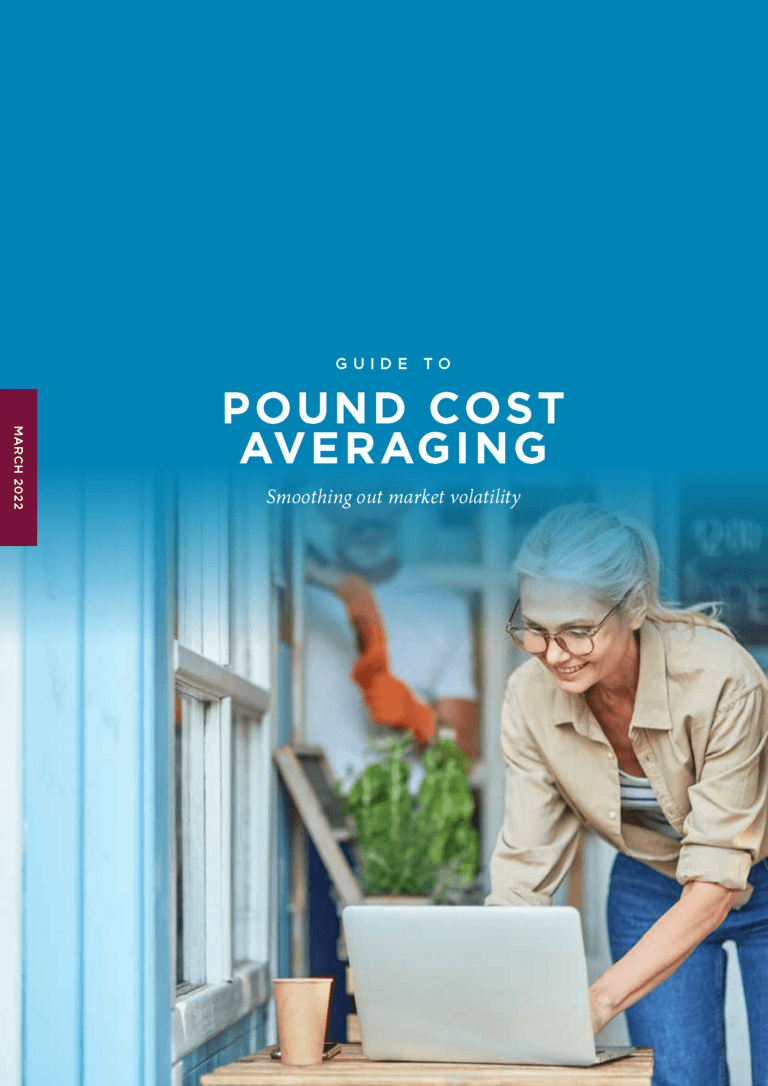Where can you turn if you want to invest tax-efficiently?
Tax-efficiency is a key consideration when investing because it can make such an enormous difference to your wealth and quality of life.
If you have an income of over £50,000 it doesn’t just push you into a higher income tax bracket, it also means that you’ll pay higher tax on capital gains and dividend income from your investments. So, it’s important to choose a tax-efficient investment vehicle that is appropriate for your particular investments goals and tax position.
Individual Savings Accounts (ISAs)
ISAs come in various forms, including the Stocks & Shares ISA, for tax-efficient investing.
You can invest up to £20,000 a year (tax year 2020/21) in a Stocks & Shares ISA, and all capital gains, interest growth and dividend income from these investments are protected from tax.
If you’ve used your ISA allowance, you may wish to consider paying into accounts for your partner (who also has a £20,000 annual ISA allowance in this tax year) and your children (who have a £9,000 annual ISA allowance in this tax year). Bear in mind that the money will be in their names and will legally be theirs.
Pensions
Pensions are designed primarily for retirement saving and can usually be accessed from the age of 55. Not only do pensions offer protection from tax on capital gains, interest growth and dividend income (like ISAs), but you’ll also receive tax relief on your contributions. Higher rate taxpayers receive tax relief at 40%, while additional rate taxpayers receive 45%.
There is a limit on the pension contributions you can receive tax relief on, which in the current tax year is capped at £40,000 a year (or 100% of your salary if your salary is lower). But if you have contributed less than your limit in recent tax years, you may be able to pay in more this year.
If you have an annual income of over £200,000, you may have a lower limit on contributions and should obtain professional financial advice to assess your options. If you are approaching your Lifetime Allowance on pension savings, currently £1,073,100 (tax year 2020/21), another investment vehicle may be more tax-efficient.
INFORMATION IS BASED ON OUR CURRENT UNDERSTANDING OF TAXATION LEGISLATION AND REGULATIONS. ANY LEVELS AND BASES OF, AND RELIEFS FROM, TAXATION ARE SUBJECT TO CHANGE.
THE VALUE OF INVESTMENTS AND INCOME FROM THEM MAY GO DOWN. YOU MAY NOT GET BACK THE ORIGINAL AMOUNT INVESTED.
PAST PERFORMANCE IS NOT A RELIABLE INDICATOR OF
FUTURE PERFORMANCE.
Content of the articles featured in this publication is for your general information and use only and is not intended to address your particular requirements or constitute a full and authoritative statement of the law. They should not be relied upon in their entirety and shall not be deemed to be, or constitute advice. Although endeavours have been made to provide accurate and timely information, there can be no guarantee that such information is accurate as of the date it is received or that it will continue to be accurate in the future. No individual or company should act upon such information without receiving appropriate professional advice after a thorough examination of their particular situation. We cannot accept responsibility for any loss as a result of acts or omissions taken in respect of any articles.For more information please visit www.goldminemedia.co.uk








